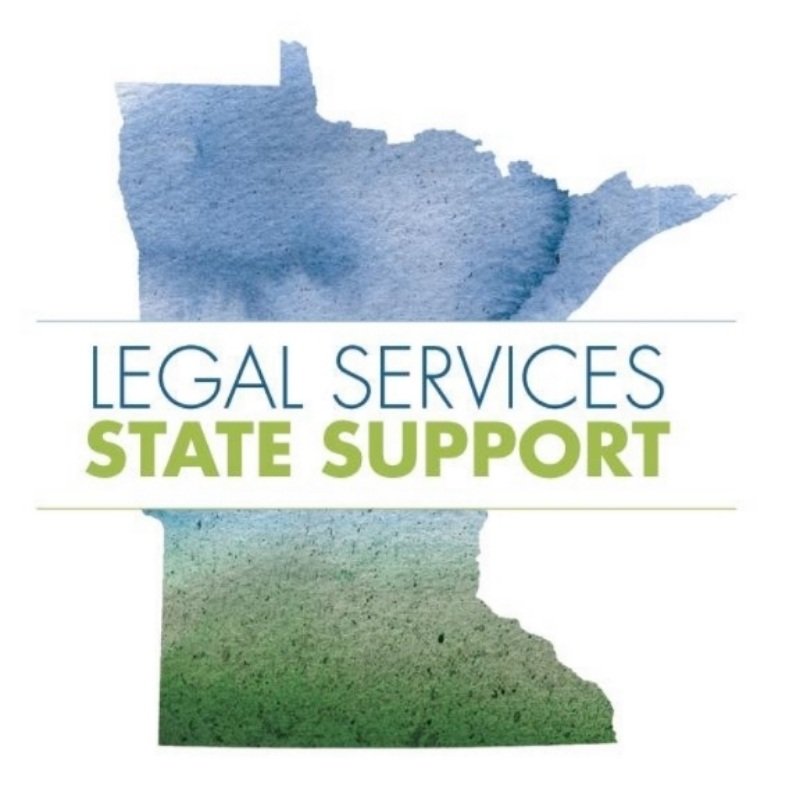In a recent ProPublica article (produced in collaboration with Sahan Journal), the often-predatory practice of selling contracts for deed to Minnesota Somali families is investigated. Contracts for deed (also known as seller financing) offer a path to home ownership that eschews the traditional mortgage lending approach. For those facing obstacles to home ownership, such as low income and little credit, it can be an attractive alternative. Basically, a contract for deed is a financial agreement in which the buyer pays the seller directly in installments. There is no mortgage or bank involvement, but there are serious risks to a buyer’s financial stability.
In Minnesota, many prospective Somali home buyers looking for increased space, better schools and neighborhoods, and a way avoid paying or profiting from interest (a principle important to members of the East African Muslim community), have taken the non-conventional, contract for deed route. But the potential pitfalls are not always clear, and buyers are often mistaken about the lack of protections and unforeseen consequences they might face. Those consequences include the loss of thousands of dollars if they default, and loss of the property itself.
Isuroon, a nonprofit advocacy agency for Somali women and girls in Minneapolis, estimates that at least 100 Somali families purchased homes with contracts for deed last year, but there could be many more.
“Most of those contracts for deed were designed to fail,” said Luke Grundman, litigation director at Mid-Minnesota Legal Aid. “They may have sunk tens of thousands of dollars into the down payment and monthly payments. And then it’s not just the actual money but the false hope of homeownership.”
Minnesota passed a law in 2013 requiring established contract for deed sellers to provide a buyer’s notice disclosing the transaction’s disadvantages. But with no state agency to enforce disputes, the notice amounts to a list of warnings and recommendations. There is also no requirement for sellers to verify buyers’ ability to repay the debt.
Some states have laws giving buyers more protections, for example, that canceled contracts are handled through the foreclosure process. This kind of requirement gives the buyer more time to pay the overdue balance or at least some options to recoup their money.
“We need to think very hard about following some of these other states’ leads and providing more protections and more balance in the statute to make it so that if the deal fails, it’s not a total washout,” said Ron Elwood, supervising attorney with the Legal Services Advocacy Project (LSAP).
Read the full article “How Contracts for Deed Put Families at Financial Risk.”






